A massive manufacturing development in Sunnyvale will see a few changes following a contract amendment by the Sunnyvale City Council.
Intuitive Surgical, Inc. — a surgical robotics manufacturer headquartered in Sunnyvale — plans to build a 358,000 square foot building as half of a new campus. The development straddles the border of Sunnyvale and Santa Clara. Half of the project, its south site, is located in Santa Clara while the north site, the subject of the council’s discussion Tuesday night, sits in Sunnyvale.
Bordered by Central Expressway to the north, Kifer Road on the south, Wolfe Road to the West and Lawrence Expressway to the east, the development will have its own private road to service it. The changes include moving the parking garage, cosmetic changes to the pedestrian walkway, moving a restaurant’s dining terrace and tree removal.
Eric Morley, with The Morley Brothers, a Los Gatos-based real estate and public policy firm working with Intuitive Surgical, told the council the goal is to unify the campus. Moving the garage was necessary because when the council originally approved the project in 2019, Intuitive Surgical didn’t own the Santa Clara portion of the project.
“This one more example of Intuitive continuing to invest, continuing to build, continuing to grow, especially in these times in Sunnyvale,” Morley said.
The south site is already under construction. The north site is located at 932, 950, 945 and 955 Kifer Road.
Julia Klein, the project planner for the city, said the 15.6-acre development will provide several benefits to the city, including property tax revenue, a recycled water line extension and a possible Valley Transit Authority bus stop. The company will also pay the city $2 million to offset the revenue lost from moving the garage.
Enthusiasm for the project, and Intuitive Surgical, was unanimous among the council.
Council Member Richard Mehlinger said he was “over the moon,” calling the project a “good deal for everyone involved. Meanwhile, Council Member Linda Sell said the company is being a “good neighbor.”
“Intuitive Surgical shows that manufacturing is still possible in Sunnyvale, in Silicon Valley,” said Mayor Larry Klein.
The council unanimously approved the changes.
Turf War
Environmentalists squared off against sports enthusiasts during an item where the council considered banning turf.
Proponents of the ban claim grass fields are better for the environment and for players. Opponents claim the environmental concerns are overblown, pointing to advancements in turf design that make it safer than previous generations.
Council Member Russ Melton compared keeping grass fields in good condition to road maintenance.
“With our roads, it is a constant battle — a constant battle — against the sun, against the rain, against the usage. It is kind of the same with our natural grass turf,” he said.
The topic originally came up at an early-February meeting despite not being on the agenda. Many opponents of the ban said proponents, most notably the Sierra Club, “hijacked” the public discourse around turf use back in February.
Sunnyvale has four areas with turf — Fair Oaks Park athletics fields, Magical Bridge playground, Ortega Park cricket pitch and Muwekma Park playground. Replacing the turf with sod would reduce how much time the areas are available for use as well as increase watering and maintenance costs.
“Even doing the highest level of grass, the highest level of maintenance, you are still going to be below what you would have for an artificial turf,” said Chip Taylor, public works director.
Because of the stark difference between the availability and maintenance, the revenue generated from field use would also decrease. Synthetic fields can see use year-round while sod fields are only available from March 1 to Nov. 30.
Still, even over that time, Sunnyvale’s only public park with turf, Fair Oaks Park, still generated more than seven times as much money as the city’s three other athletic fields combined.
Lakewood Park brought in $6,784 to the city; Ortega Park generated $11,278, and Washington Park generated $19,423, for a total of $37,485. Meanwhile, Fair Oaks Park, which has three athletic fields, generated $276,932 over the same period.
Replacement of the Fair Oaks Park turf is scheduled for 2029-2030, said Tamara Davis, senior management analyst with the public works department. Cost for new turf is estimated at $3 million while grass would cost “substantially more,” she said.
A lengthy public comments section saw the two sides dueling over the benefits and drawbacks of turf. Most commenters opposed the ban.
Susan Hinton, with the Sierra Club, said the city can have a responsible rotation of grass fields, eliminating the need for turf.
Neil Bailey, with American Youth Soccer Organization (AYSO), said the ban will hamper athletic opportunities for youth, depriving them of the important health and social benefits. He took issue with the idea that grass fields are safer than turf.
“Our players play fields with ankle-high grass, weeds, rodent holes, broken sprinklers, and dirt and mud patches and are closed more than a quarter of the year,” he said.
Cortney Jansen, co-founder of Community for Natural Play Surfaces, said she is one of the “mob” to which opponents of the ban are referring. What is at issue, she said, is the safety and well-being of children
Colin Young, head of research and development at TenCate Grass, one of the world’s largest turf companies, said his company’s products undergo rigorous testing that meet state and federal regulations. He said moving forward with a ban without having all the evidence is “preposterous.”
“Time and again turf has been proven to be safe, providing a fun and accessible environment for millions of Americans every day,” he said.
Council Member Richard Mehlinger said most of the evidence indicates artificial turf is harmful to the planet.
“Even if everything that we have heard from the pro-turf arguments including their paid scientists and lobbyists are true, installing artificial turf amounts to sterilizing land,” he said. “It amounts to killing open space dead. That alone is reason enough, in my opinion, to oppose it.”
Mehlinger moved that the council ban turf while conducting a study into the impacts, but that motion failed in a 2-4 vote, with Mayor Larry Klein the only member joining Mehlinger in voting for it.
Klein originally supported waiting but joined Mehlinger in supporting the ban, saying he respected Mehlinger “standing up for sustainability.” He said there was really “no difference” between the two options since the turf throughout the city isn’t likely to need replacement between the vote and the study’s completion.
In light of the public testimony, the rest of the council expressed trepidation about proceeding prior to the study’s completion. Many opponents of the ban simply implored the council to get more information before banning turf.
The council approved stalling the ban until the study’s completion in a 4-2, with Klein and Mehlinger voting “no.” City employees estimate that the study will take roughly a year and a half.
Consent Calendar Spending
The council approved the following spending via the consent calendar:
-
A $1.1 million contract with RRM Design Group for design and construction support services for the renovation of the Las Palmas Park.
-
A $12.1 million contract with Suarez & Munoz Construction, Inc. for community center grounds renovation.
Council Member Alysa Cisneros was absent.
The council meets again 7 p.m. Tuesday, Sept. 10 in the Council Chambers at City Hall, 456 W. Olive Ave. in Sunnyvale. To submit public comments ahead of the meeting, visit the city’s website at http://Sunnyvale.ca.gov/PublicComments.
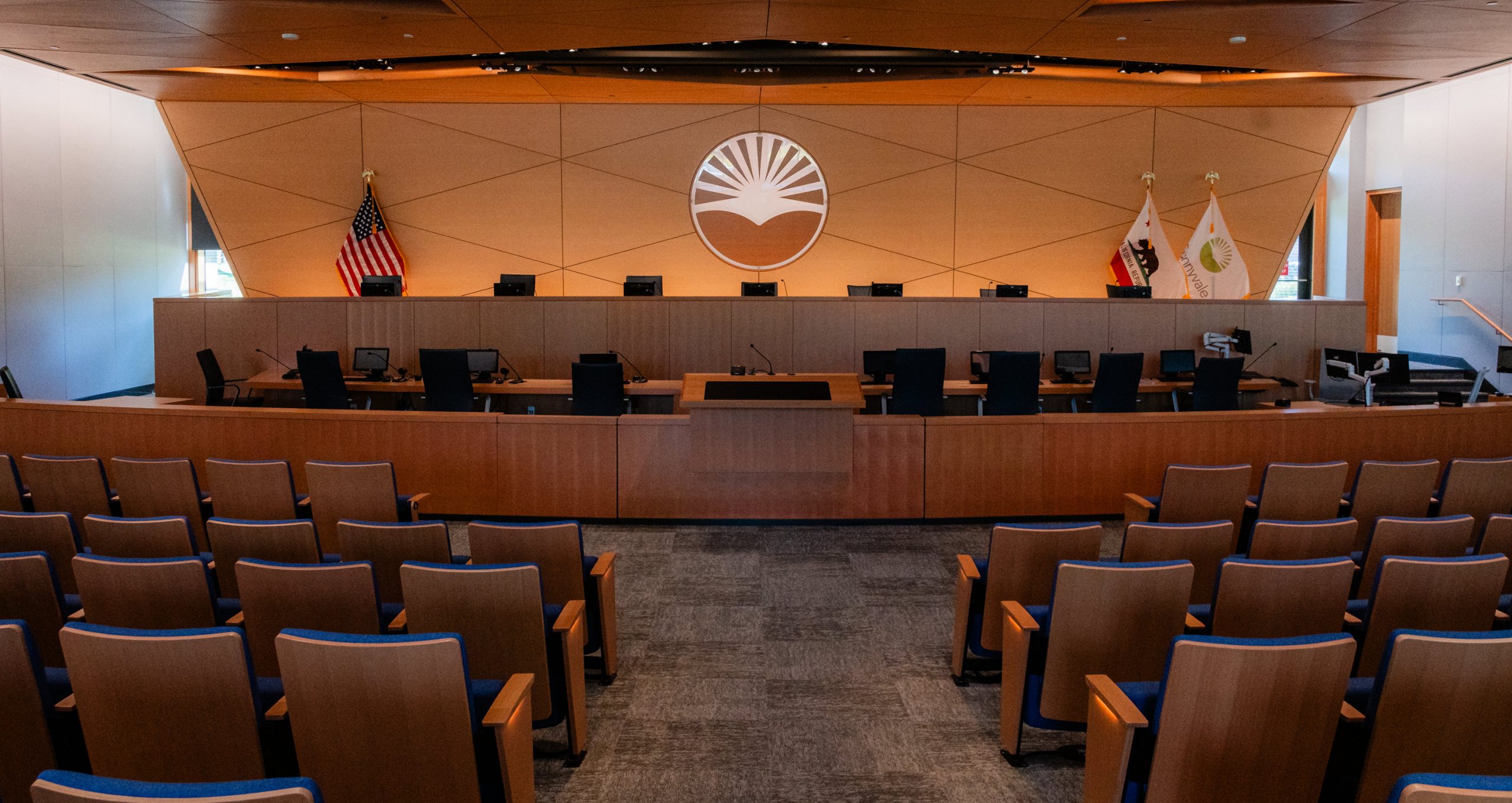



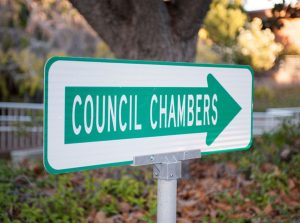
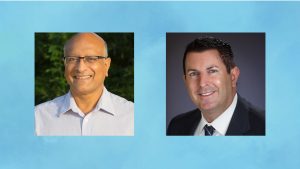
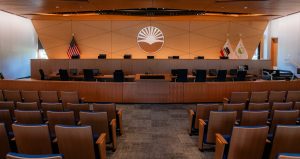




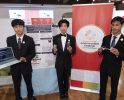
The Sunnyvale City Council’s approval of Intuitive Surgical’s development plan is a significant win for the community, as it promises to enhance local economic growth and create jobs while showcasing the city’s commitment to innovation in the tech sector
https://motivationgyan.com/short-positive-quotes/